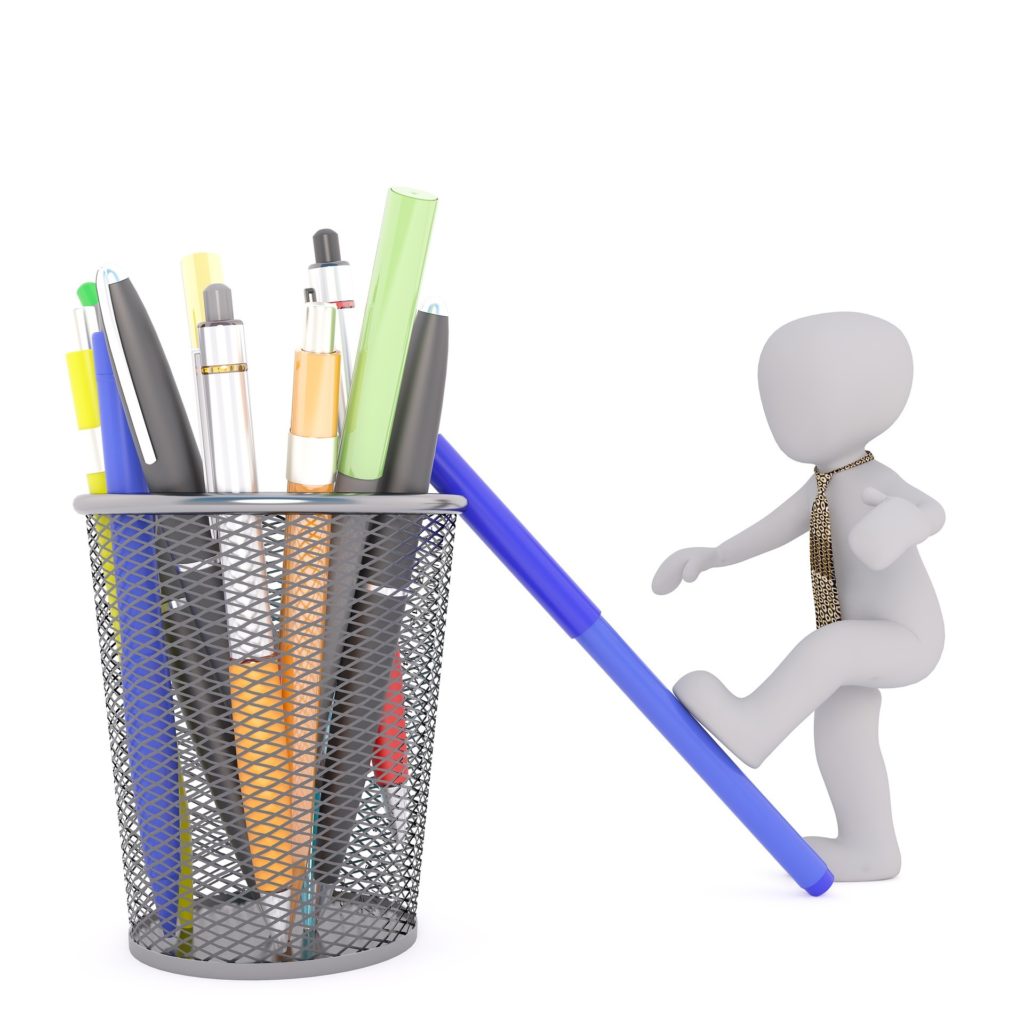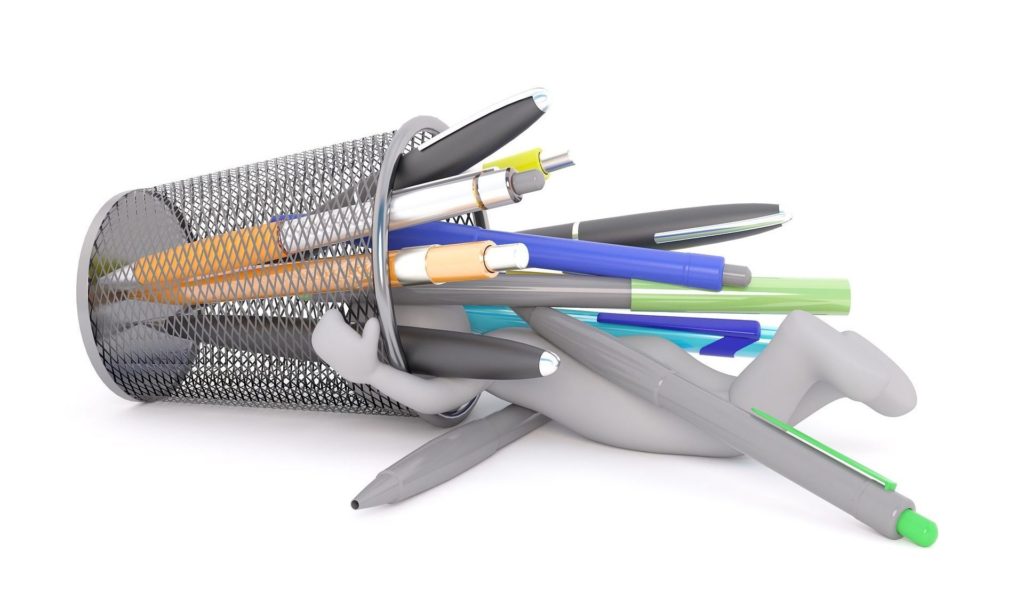We all make mistakes. We know that. We’ve probably all met someone within our careers who seems not to allow for any degree of human error, but the best corporate environments allow employees to admit mistakes without fear of retribution and learn from them.
“The only man who never makes mistakes is the man who never does anything.”
Theodore Roosevelt
What do we learn from mistakes? Well…
We learn how not to do something
Mistakes are important as they teach us about ourselves and our environment There is a reason that there is a whole theory of learning involving trial and error; because it makes us learn. In a real-world environment, this is often the fastest and most practical way to learn skills; a baby learning to walk, a team member managing their first project, a healthcare worker to take bloods from patients – all involve a degree of trial and error. There is only so much you can learn from theory. Every attempt teaches us something and improves our technique next time. As Edison famously said, he didn’t consistently fail to invent a lightbulb before finally succeeding; he just found numerous ways not to make a lightbulb.
makes us learn. In a real-world environment, this is often the fastest and most practical way to learn skills; a baby learning to walk, a team member managing their first project, a healthcare worker to take bloods from patients – all involve a degree of trial and error. There is only so much you can learn from theory. Every attempt teaches us something and improves our technique next time. As Edison famously said, he didn’t consistently fail to invent a lightbulb before finally succeeding; he just found numerous ways not to make a lightbulb.
We learn to weather the storm
Mistakes also help build resilience. By learning to manage failure, both practically and emotionally, and mitigate the resulting effects, we are developing our ability to recover quickly from setbacks. Psychologists have identified one of the most important ingredients to a resilient nature is a person’s ability to see both failure and success as valuable feedback.
We learn humility
By making the wrong choices ourselves, we learn what it’s like to be someone who fails. It reminds us of our humanity and stops us from getting overly confident and big headed. This helps us to practice forgiveness and teaches us empathy when someone else messes up. If you can own your mistakes and work to set them right, you are helping to build a culture of openness and approachability. And as we know, improved culture leads to improved profitability.
However, in order to learn from past mistakes, it’s important that we don’t…
Wallow
While it is important to assess what went wrong and learn from mistakes, this doesn’t mean it is a good idea to dwell on our failings. Some big decisions can result in an element of emotional distress, or even grief, when they turn out to be wrong and acknowledging this is healthy and helpful. But don’t let emotions paralyse you or create a fear of failure so strong that you struggle to make any future decisions.
element of emotional distress, or even grief, when they turn out to be wrong and acknowledging this is healthy and helpful. But don’t let emotions paralyse you or create a fear of failure so strong that you struggle to make any future decisions.
Give in to wishful thinking…
Try not to second guess what could have been. So many variables can affect our decisions and their outcomes that it is very unlikely that you will ever be able to know what would have happened if you’d chosen differently. Don’t just look back, move forward.
So how do you learn from your mistakes?
- You need to ask the right questions. What were you trying to achieve? What went wrong? Why?
- You need to work out what will prevent that error form occurring again and put it into practice.
- You need to review your changes and see if they have worked. If not, re-evaluate and start the process again. Do you regularly review you processes and practices? This may help you to identify potential errors before they occur.
And if the mistake made wasn’t yours, it’s important to remember that we all mess up and next time it might be you. How would you want people to react?
Other articles in this series on decision making can be found HERE.
Performance – Workplace Development offers:
- Workshops to help raise you team’s self-awareness and identify how their perception may influence the decisions they make.
- A Problem Solving and Decision Making course
Our Contact Information is below, or use the Contact Menu above. Let’s talk about the challenges your face, and see if we can help.

